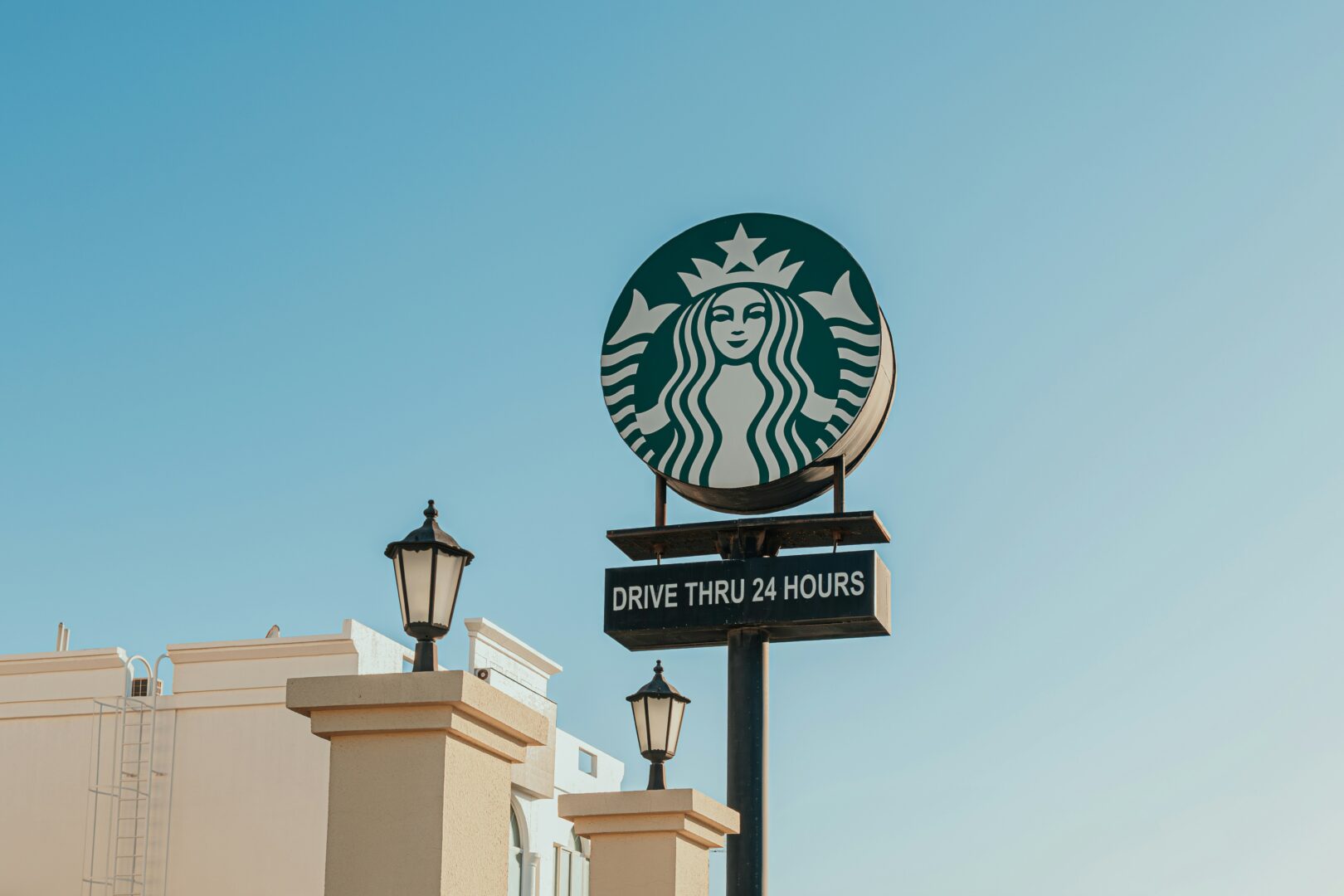Everybody knows what a franchise is, at least in the most simple sense. It’s McDonald’s, Subway, 7-Eleven – they’re all over the world and most of us support or shop at them frequently. But, a franchise isn’t just any company that has multiple stores or branches – if you see multiple shops or restaurants with the same name, for instance, that are obviously connected, they may be part of a franchise or they may be numerous stores that still under corporate/in-house ownership.
The difference? Put crudely, when a store is under franchise ownership, it pays a franchise fee, operates under the franchise’s branding guidelines and more, and it’s actually owned by an independent businessperson. If a store is under corporate or in-house ownership, there is no independent owner – the company owns and has control over everything, from marketing and branding to profit and more.
So, with that in mind, the first question that often comes to mind is how a franchise – that has stores with multiple different dependent owners – is managed. How does the franchise owner keep track of everything that goes on and maintain the quality and integrity of the brand? Well, it all comes down to franchise management.
If you’ve ever walked into your favourite coffee shop chain in one city and found it’s exactly the same in another, you’ve seen franchise management in action. It’s the system that keeps all those different locations running smoothly, delivering the same quality and experience no matter where you are. But, how does it actually work?
What Is Franchise Management?
Franchise management is all about overseeing and coordinating the operations of a franchise network. This can include everything from training franchise owners and their staff, to ensuring brand standards are met, to helping with marketing and supply chain logistics.
Think of it as the glue that holds the whole brand together. Without proper management, a franchise could quickly lose consistency, and consistency is one of the main reasons customers choose big-name brands in the first place. It’s also incredibly important because the failure of one store reflects poorly on all the other stores under the same franchise.
More from Business
- Is AI Leveling the Playing Field for Early-Stage Startups?
- Top 10 Ways VoIP Can Improve Customer Service
- The Evolving Role Of Compliance In Business
- How To Start A Business In Albania
- Landline Switch-Off: A Wake Up Call
- What Is A Due Diligence Audit for Startups?
- Boosting Small Business Growth In The UK: A Practical Guide
- How To Start A Business In Liechtenstein
Who’s Involved in Managing A Franchise?
At the top level, you’ve got the franchisor – that is, the company or person who owns the brand and its business model. They set the rules, provide the training and give ongoing support.
Then there are the franchisees. The franchisees are the people or businesses who’ve bought the rights to operate under the brand’s name. They handle the day-to-day running of their individual outlets, following the guidelines laid out by the franchisor.
Franchise management bridges these two sides, making sure both parties are working towards the same goal: keeping the brand strong and profitable.
What Does Franchise Management Cover?
Franchise management is a pretty broad term, especially since when it comes down to specifics, it can mean different things for different people and businesses, but here are some of the key areas:
- Training and Support: New franchisees need to learn the ropes, from how to run the business to how to keep the brand image spot-on. Ongoing training helps keep everyone up to speed.
- Operational Guidance: Manuals, policies, and regular check-ins make sure each outlet delivers the same level of service and quality.
- Marketing and Promotion: Many franchisors run national or regional marketing campaigns, but also provide tools and guidance for local advertising.
- Supply Chain Management: Making sure every branch gets the same ingredients, products, or materials – often at negotiated bulk rates.
- Performance Monitoring: Regular audits, sales tracking, and feedback systems help identify what’s working and where improvements are needed.
Why Is Good Franchise Management So Important?
Without it, the whole franchise model starts to fall apart. Poorly managed franchises can lead to inconsistent service, unhappy customers and even damage to the brand’s reputation.
Good franchise management, on the other hand, keeps everyone aligned, ensures high standards are met and helps franchisees succeed, which, in turn, keeps the franchisor profitable. It’s important from everybody.
So, How Does It All Work In Practice?
It’s a mix of systems, people and communication. The franchisor sets clear guidelines and provides resources. Franchisees run their outlets, sticking to those guidelines while adding their own local touch where appropriate.
There’s a lot of back-and-forth – regular meetings, performance reviews and problem-solving. In the best setups, it’s a partnership: the franchisor supports franchisees and the franchisees uphold and grow the brand.
Ultimately, franchise management isn’t just about ticking boxes – it’s about building a brand that customers can trust, wherever they are. When done well, it’s a win-win: franchisees get a proven business model and support system, and franchisors get consistent, profitable growth. Who wouldn’t want that?

